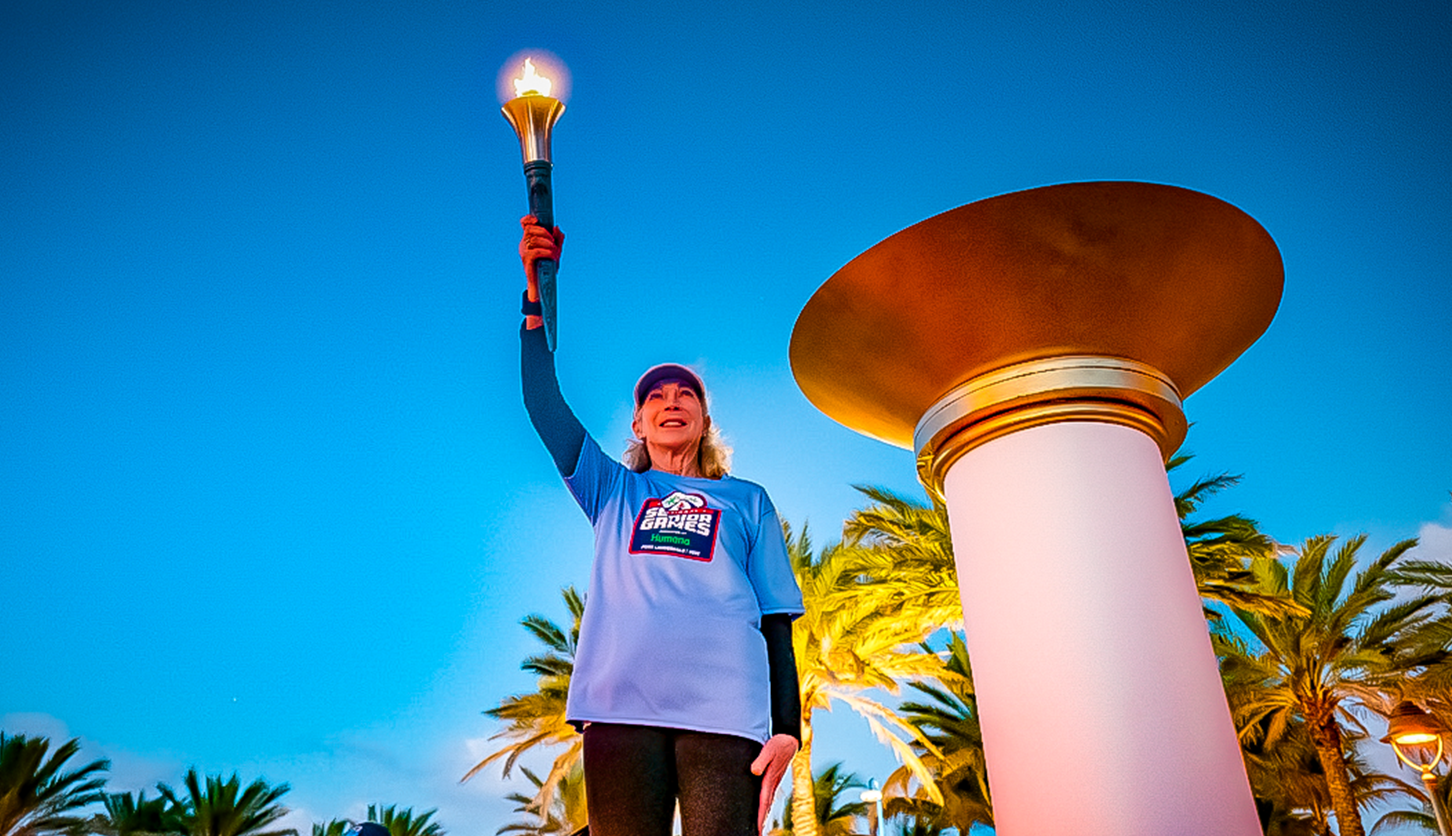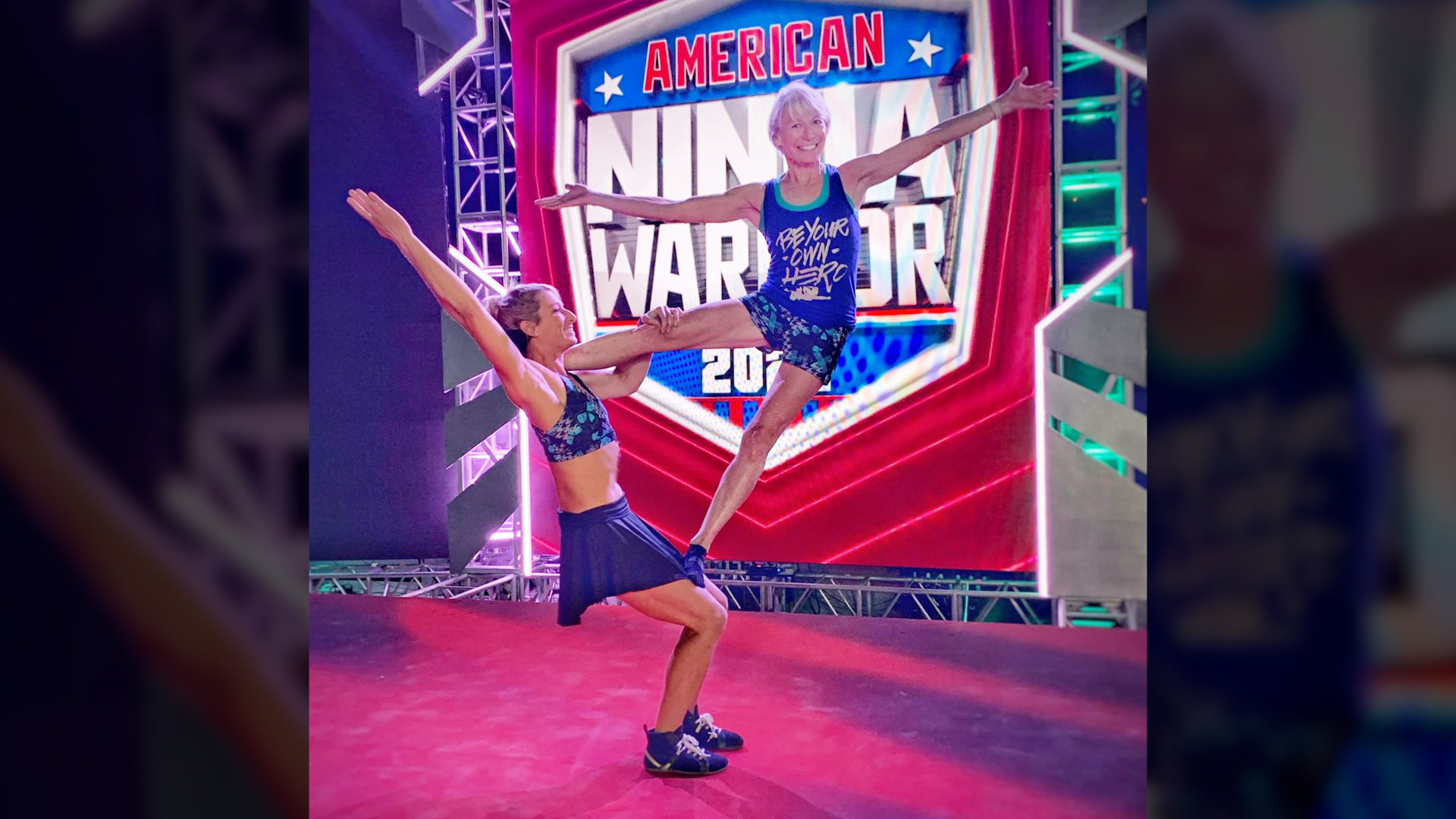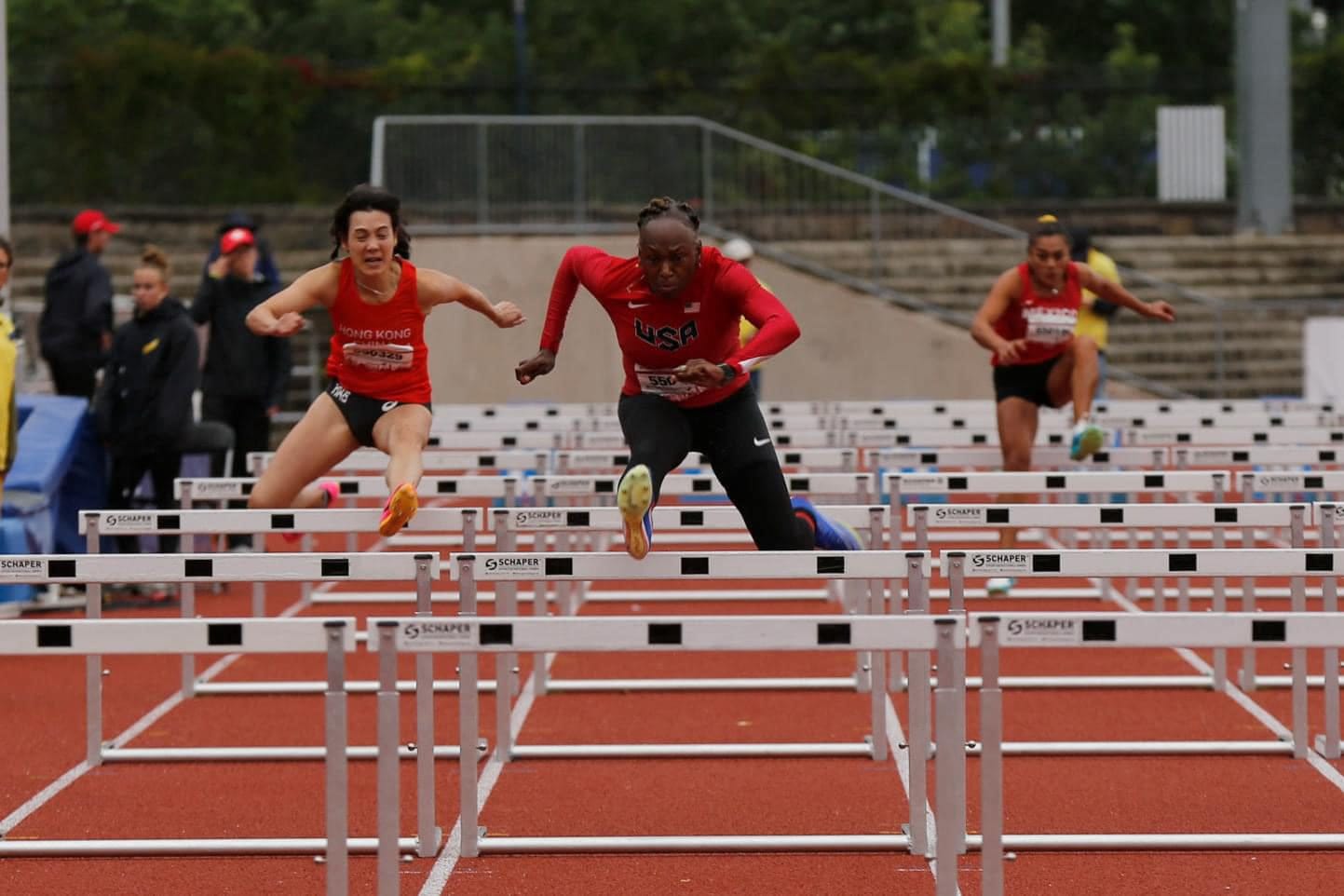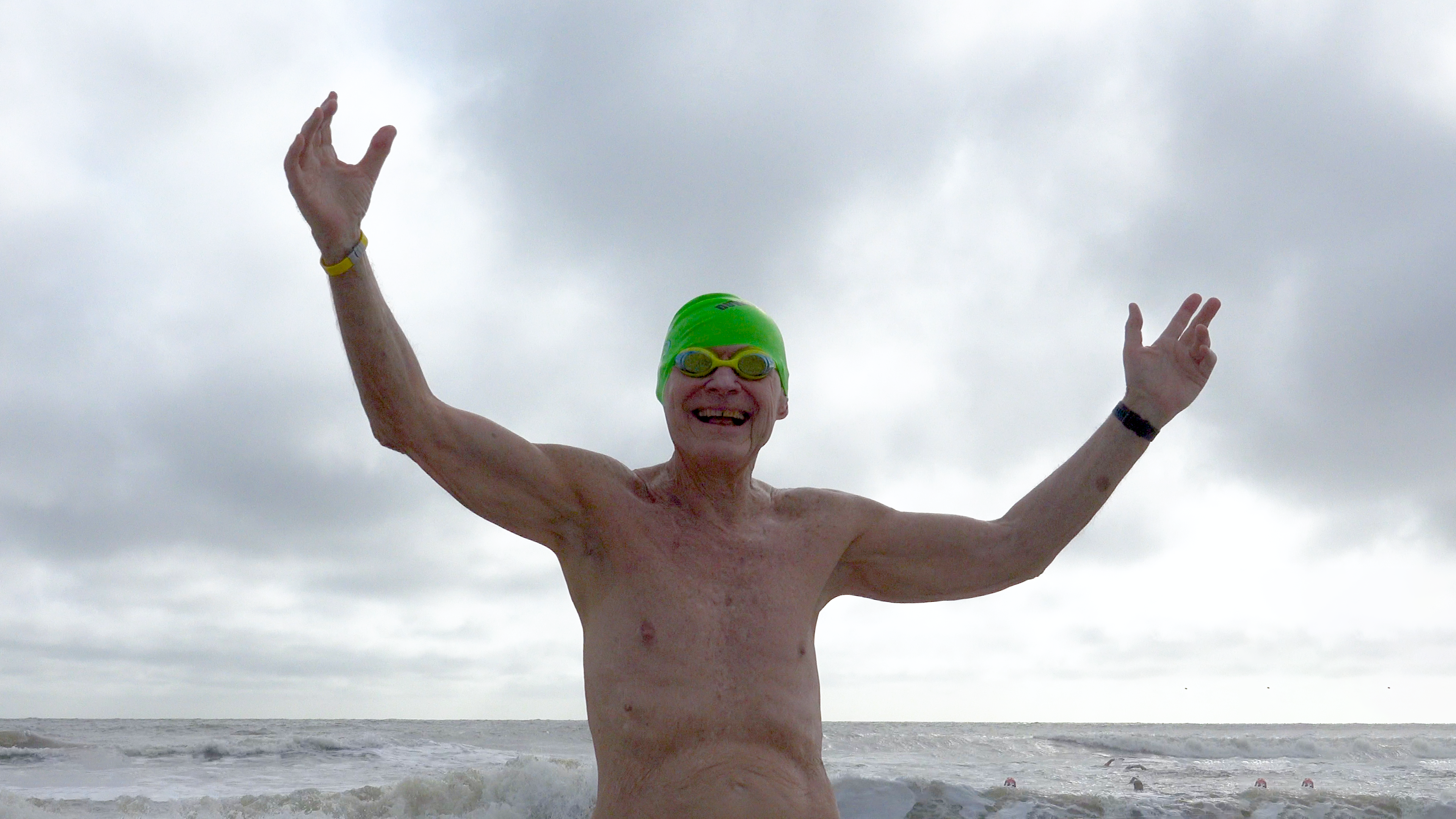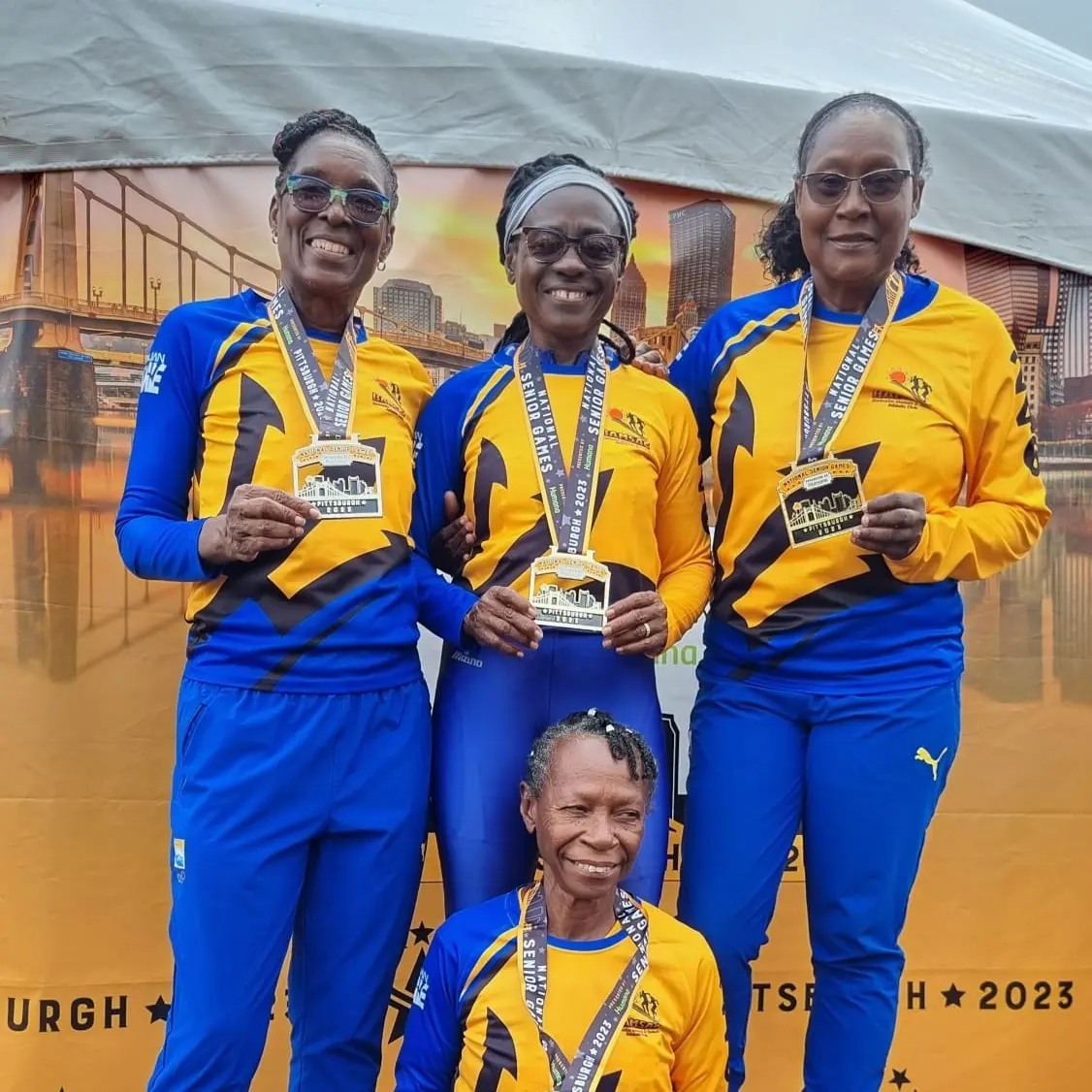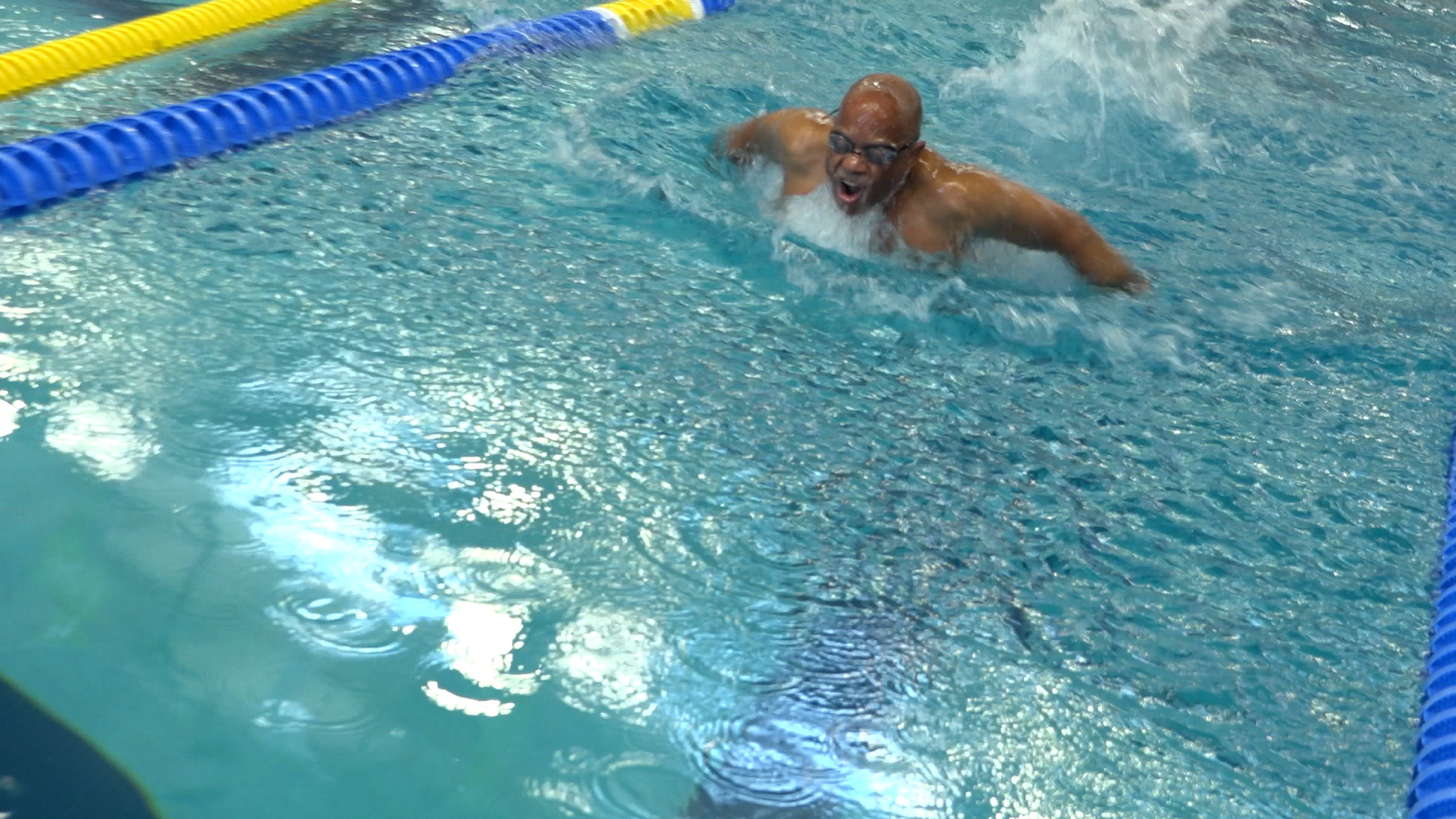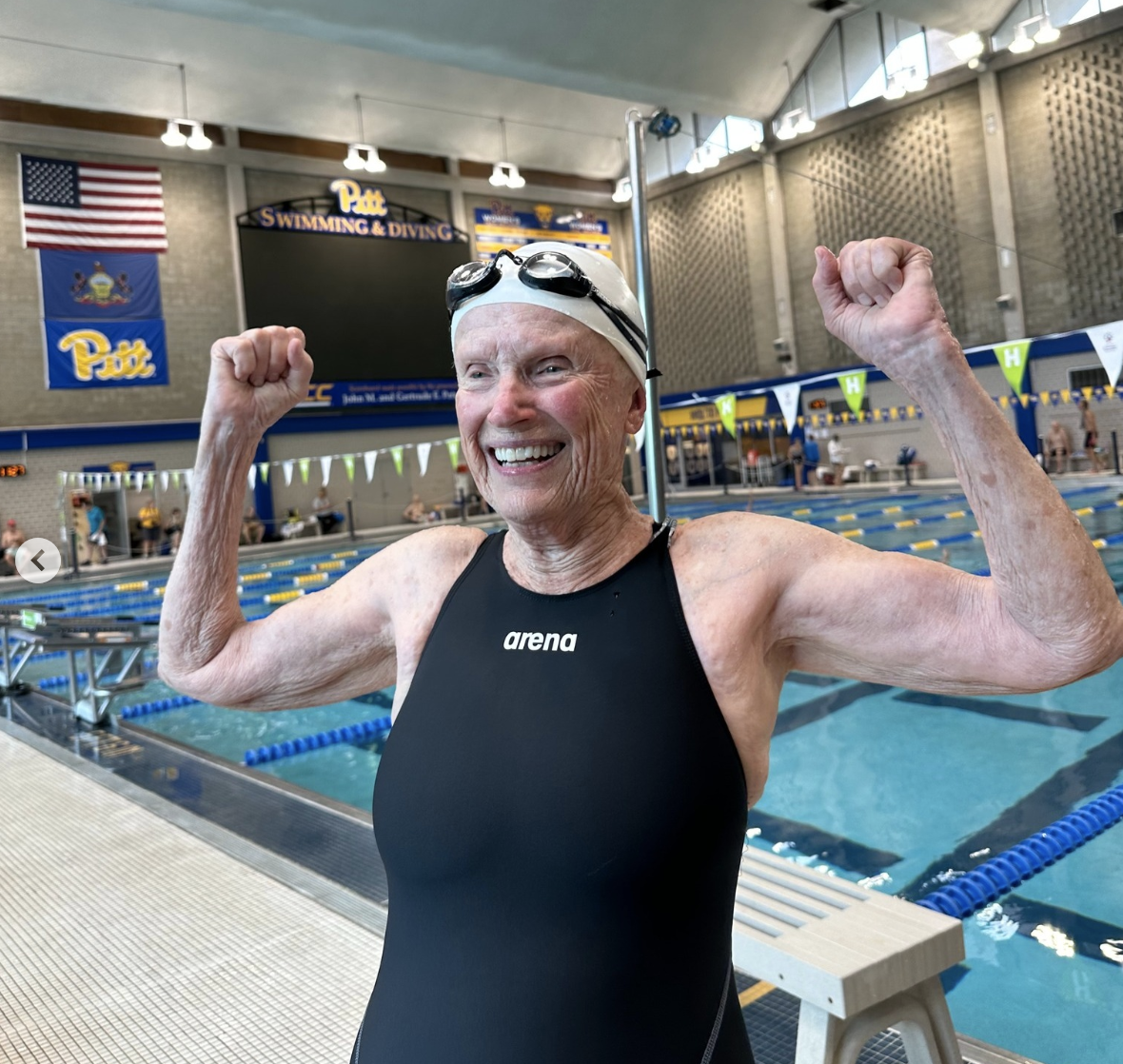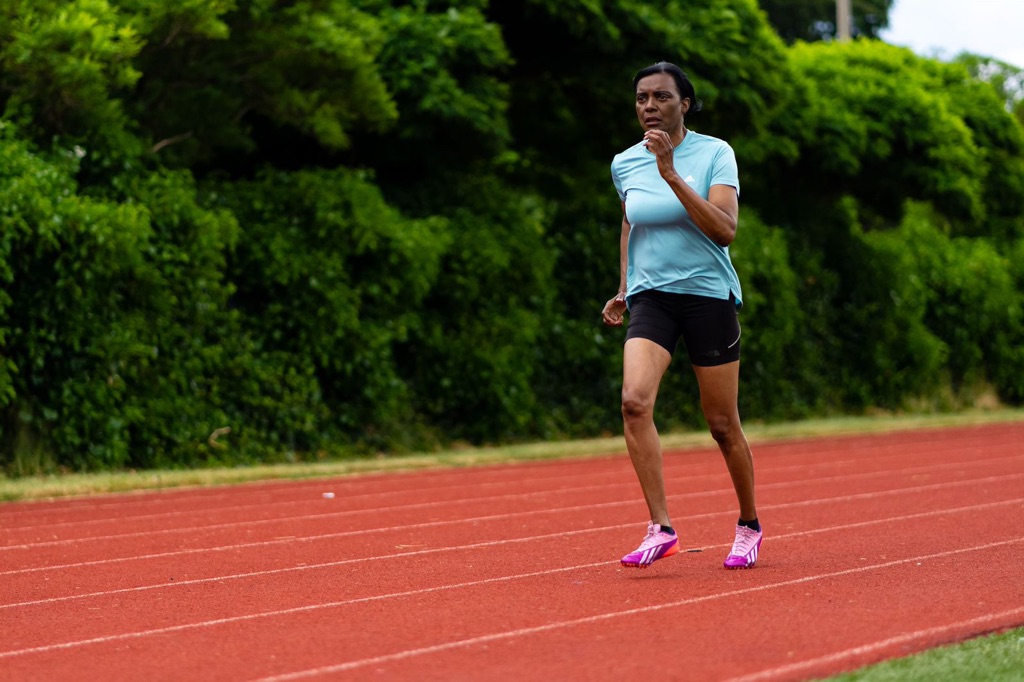Last Updated on June 22, 2022
Women’s Sports Pioneers Reflect On The Progress Made & Life Before
United States women’s national soccer team members celebrated a new landmark labor contract on May 19, 2022. It was newsworthy because it marked the first time the U.S. Soccer Federation agreed to pay both the men’s and women’s teams equally for individual matches and tournament prize money.
The decision came after six years of campaigning by members of the World Cup winning women’s team, but the lineage can be traced roughly 50 years back to another landmark decision: the passage of Title IX of the Civil Rights Act into law, and to the women who fought for decades for the opportunity and the right to compete.
On June 23, 1972 Title IX legislation became law, prohibiting any institution receiving federal funding from excluding students from participating in educational and athletic programs on the basis of sex. In February of 2022 Growing Bolder and the National Senior Games hosted an online panel discussion with several female masters athletes in their 70s, 80s and 90s about what life was like before Title IX.
Kathrine Switzer was a 20-year-old college student when she registered to run the 1967 Boston Marathon, her first marathon. Early in the race, race director Jock Semple charged onto the course and tried to physically rip off her bib number and remove her from the competition. Kathrine’s boyfriend pushed him out of the way and despite taunts from media to quit, Switzer finished the race.
“That’s what everybody wanted me to do, was to quit. So, I really, really had to finish,” Switzer said.
“I was only 20. I often say that when I first ran that Boston Marathon, I started it as a girl, but I finished it as a grown woman, because it gave me a real life plan. And that life plan was to somehow create opportunities for other women to run, and what a joy it was to spend the rest of my life really doing that.”
Switzer’s efforts helped open official registration for women to run in the Boston Marathon in 1972. In 1977 she established the Avon International Running Circuit — a global series of women’s races that grew to 400 events in 27 countries providing over one million women with the opportunity to run. The global advancement of women running around the world, along with tireless lobbying by Switzer and others, led to inclusion of the women’s marathon for the first time in the 1984 Olympic Games.
When Alice Tym went to the University of Florida in 1960 there was no women’s tennis team…so she started one, serving as coach, captain and number one player from 1960–1964. By creating the opportunity that didn’t exist for herself Tym’s tennis journey continued, playing internationally from 1964–1970, and later serving as a head coach of women’s tennis teams at the University of Tennessee–Chattanooga and Yale University.
“We didn’t have any sponsorship or coaches, or help of any kind, but now they do. And thanks to Title IX, it’s a law,” said Tym. “I fought hard to have a women’s tennis team at the University of Florida and my daughter was able to play soccer for Yale and work in athletic administration.
The harder you fight, the more you smile. I’m thrilled for my granddaughters and thrilled that my grandsons will have strong capable women in their lives. Everyone wins when opportunities are increased.”
Jo Dill grew up playing baseball, basketball and football in a neighborhood of boys. But when she entered school there were sports teams for the boys, but nothing for the girls. “We were fortunate enough to have one of our female teachers who said, ‘This isn’t right. The girls need to play as well.’ So she got us started on that. So I got to play (basketball) in seventh and eighth grade. And then when we went to high school, we had basketball again, but that was it.”
“When I got to college, however, that was a different story. They had many sports for the boys and there was absolutely no varsity, no JV, freshman team, anything for girls,” Dill said. “We started an intramural program and got that going. It’s not the same, but it was a chance for us to play. And I think we just somehow always found a way to play as best we could.”
After teaching health and physical education for over 35 years, today Dill is the coordinator for the Maine Senior Games. “My goal was to get more women involved…women that I know were athletes in high school and maybe didn’t play anymore. I wanted to reach those people like myself that never had a chance once they left high school.”
Dill, Switzer and Tym are all still active athletes, and were in Ft. Lauderdale for the 2022 National Senior Games. Switzer lit the cauldron to officially open the 2022 Games and Tym won gold medals in pickleball and table tennis. Masters sports is a tremendous vehicle for a generation of women that weren’t allowed to compete in school and beyond. Today’s generation of girls and women will never experience that discrimination, and these early trailblazers in women’s athletics couldn’t be happier for the progress that’s been made. In fact, they are energized to continue efforts for more.
“I’m invigorated daily by friends who call and want me to fight for something,” Tym said. “I just like to fight. If I don’t, who will? If you are not the master of your fate, someone else is.”
“Every step forward creates a kind of tidal wave — both economically and socially,” Switzer said. “When I campaigned to get the women’s marathon into the Olympics, it was as simple as creating running events that gave women the opportunity to try. Now, only 40 years later, people cannot remember a time when the women’s marathon was not an Olympic event.”
“It shows anything is possible and that even the most stubborn human beings can eventually change,” added Switzer. “Cheers! Happy Anniversary to ALL of us!”


